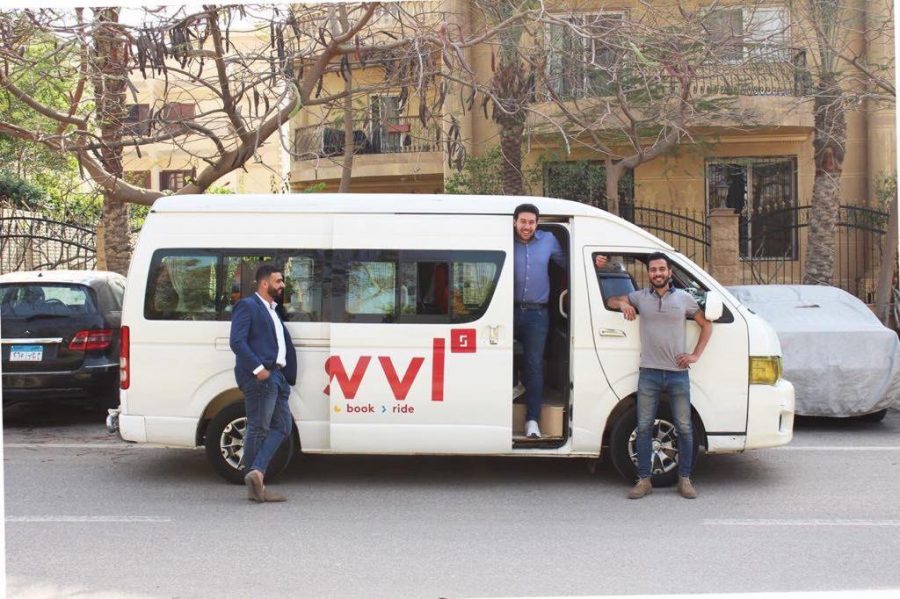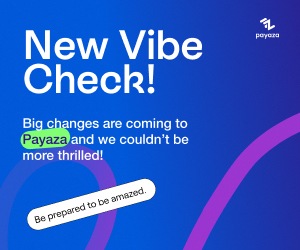Egyptian vehicle hailing company, Swvl, has announced it will be making an inroad into Nigeria’s ridesharing market to offer services which the likes of Uber and Bolt are yet to offer Nigerians. However, it will meet a fierce challenge from yellow (commercial) bus operators.
The Founder and Chief Executive Officer of Swvl, Mostafa Kandil, said the company is planning to expand its market base to two or three African countries. Lagos will probably be the first location to set sail.
“The plan is to be in at least two or three more African cities by the end of the year… Lagos, Nigeria, is most likely the next market.”
Lagos is one of the biggest markets for ridesharing companies. Uber provided 30% more rides in this location than it did in London in its first 16 months of operating there.
Why this matters: Swvl is entering the market to offer bus hailing service which Uber and Bolt have yet to started to explore in Nigeria. Note that bus transportation is the most popular means of commute. Since Lagos has an estimated population of 21 million people (the largest city in Africa), the customer base offers vast revenue potential for the bus hailing market.
Swvl will have the first mover advantage when it begins operations by the end of the year, tapping into the middle class and upper middle class; a segment that Kandil said public buses in emerging markets don’t really serve.
Note that Uber has been operating this bus service in Cairo since 2018 where the company is in competition with Swvl and Careem for demand. Uber recently acquired Careem.
What you need to know: The Egyptian tech company secured $42 million to push this expansion drive. The funding was raised from venture-capital firms such as Sweden’s Vostok, Dubai-based BECO Capital, China’s MSA and Endeavor Catalyst, based in New York.
Swvl also partnered with Ford: The agreement will see the Ford Transit minibus as the preferred vehicle of choice on Swvl’s routes, although this partnership is within Egypt, but with the company entering Nigerian market, the usage might extend to the country as well.
The company has been active in fundraising in the past three years, securing $8 million and over $20 million in 2018 alone before securing it’s latest $42 million cash-support. Swvl’s fundraising keeps growing, which shows investors are keen on the prospect of the company.
A possible setback: While Uber and Bolt have never disclosed their reason for completely ignoring the bus-hailing service in Nigeria especially, it could be linked to low-income commuters’ preference for the yellow-buses which provide cheaper alternatives.
Despite Swvl’s attempt to position the bus-hailing service as a cheaper option compared to taxis and car-hailing, it should be known that commercial buses are different from the regular yellow taxis which were relegated by car-hailing companies. Lagos yellow buses have a stronger root among Nigerians and will remain cheaper than Swvl, regardless of the company’s price offering.
The yellow buses may be perceived as dangerous, yet they remain very reliable when it comes to accessibility. Therefore, the only thing that may endear Swvl’s service to Nigerians if it is willing to offer the home pickup option like the car-hailing service and exclude the per meter or miles form of charges which is synonymous to vehicle hailing service.
Regardless, Swvl should not expect the same level of acceptance Uber and Bolt (Taxify) experienced in Nigeria, as this bus service disruption will hit several stumbling blocks. The challenges will range from maneuvering traffic just like commercial buses are known to do. They may also face opposition from the National Union of Road Transport Workers (NURTW), a rather strong association with political backing. This is unlike the yellow taxi association.
About Swvl: The Egyptian app for booking buses was established by Mostafa Kandil, an engineering graduate who was a former employee of Careem.
READ MORE: As Uber plans to ban low-rated passengers, here’s how to avoid that















